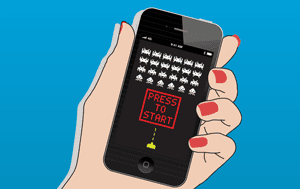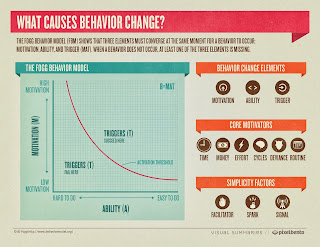Digital Life in 2025 @pewresearch

Pew Research Internet Project has released ( March 2014) a report on Digital Life in 2025 based on expert interviews. The report marks the 25th anniversary of the creation of the World Wide Web by Sir Tim Berners-Lee who released the code for his system, for free, to the world on Christmas Day in 1990. The Web became a major layer of the Internet. Indeed, for many, it became synonymous with the Internet, even though that is not technically the case. This report looks at the present and the past of the Internet, marking its strikingly fast adoption and assessing its impact on American users’ lives. This report is part of an effort by the Pew Research Center’s Internet Project in association with Elon University’s Imagining the Internet Center to look at the future of the Internet, the Web, and other digital activities. This is the first of eight reports based on a canvassing of hundreds of experts about the future of such things as privacy, cybersecurity, the “Internet of things
















